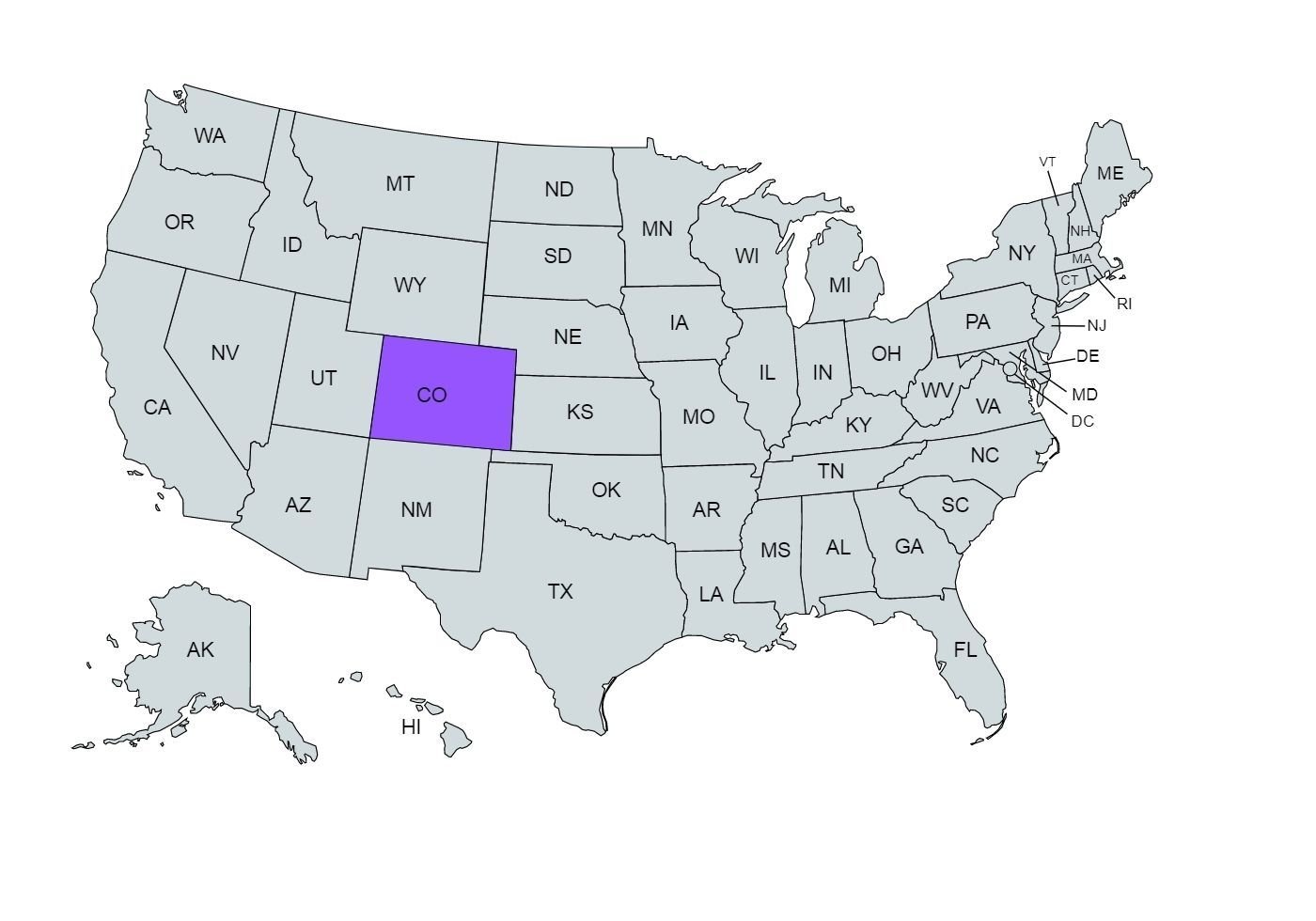Colorado Paycheck Calculator: Calculate Your Net Pay
If you’re wondering, “How do I figure out how much money I take home in Colorado?” we’ve got you covered.
Use our simple paycheck calculator to estimate your net or “take home” pay after taxes, as an hourly or salaried employee in Colorado.
Paycheck Calculator
Meanwhile, get ahead with our free resources:
How Does the Paycheck Calculator Work?
Input your salary information, such as wage and pay frequency, and our tool will handle the tax calculations for you. Once you’ve filled in all the information, click the “Calculate Tax” button, and the calculator will provide an estimate of your net or “take home” pay for the specified pay period.
Overview of Colorado Taxes
In 2021, Colorado boasted the 16th largest economy in the United States, with a substantial gross state product of $421 billion, while its per capita personal income in 2019 ranked 12th in the nation at $61,157.
Notably, Colorado's economy has evolved over the latter half of the 20th century, witnessing significant growth in the industrial and service sectors.

If you decide to start a new job in the "Centennial State", here's what to expect tax-wise.
Colorado has a flat income tax of 4.4%.
Similar to other states, Social Security taxes are withheld from your wages as an employee and fund your future Social Security benefits.
If you're self-employed in Colorado, you're still subject to the federal self-employment tax, which includes Social Security and Medicare taxes for self-employed individuals.
As a Colorado resident, you are subject to federal income taxes which are determined by your total taxable income, deductions and credits in line with the federal tax code.
If you start a new job or experience a change in your financial situation, you need to complete a W-4 form for federal income tax withholding.
In addition, you need to file a Colorado state-specific withholding form that allows your employer to determine the amount of state income tax to withhold from your paycheck.
Colorado offers various tax credits and deductions that can help reduce your state income tax liability, including contributions to certain retirement accounts, deductions for student loan interest, tax credits for education and child care.
Some cities and local jurisdictions in Colorado have additional local income taxes. To be aware of these obligations, check the local income taxes.
Median Household Income in Colorado
Salary in each state is typically based off the cost of living. While salaries vary widely based on position, the median household income in your state can give you a glimpse at the average salary a household is earning in your region.
Starting at $55,387 in 2011, it has steadily increased, reaching $82,254 in 2021. This consistent growth, especially in recent years, indicates an encouraging trend toward improved financial well-being for households.
Notably, there was a significant jump from 2020 to 2021, with income rising from $75,231 to $82,254. Such an increase, during what could have been economically challenging times, suggests a degree of resilience in the region's economy.
However, it's essential to consider the impact of inflation on these figures to understand the actual growth in purchasing power. While the numbers reflect higher nominal incomes, inflation can erode the real value of earnings.
Tips for Maximizing Your Paycheck in Colorado
Here are some tips to help you maximize your paycheck:
- Familiarize yourself with Colorado's income tax rates
- Check local income taxes that might apply in your city
- Check available tax credits and deductions, such as the Child and Dependent Care Credit and the Colorado Child Care Contribution Credit
- Check retirement plans that offer tax deductions for contribution
- Research strategies for tax-saving
- Make the most of your employee benefits
- Check your withholding form for errors
- Explore additional income opportunities
